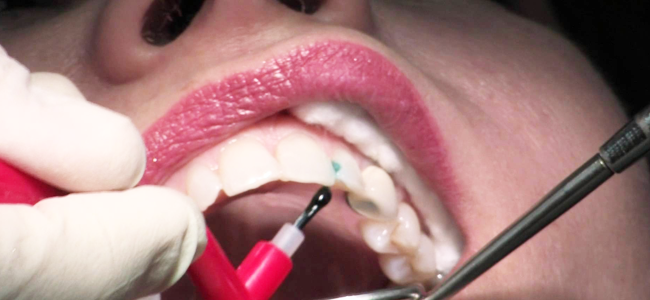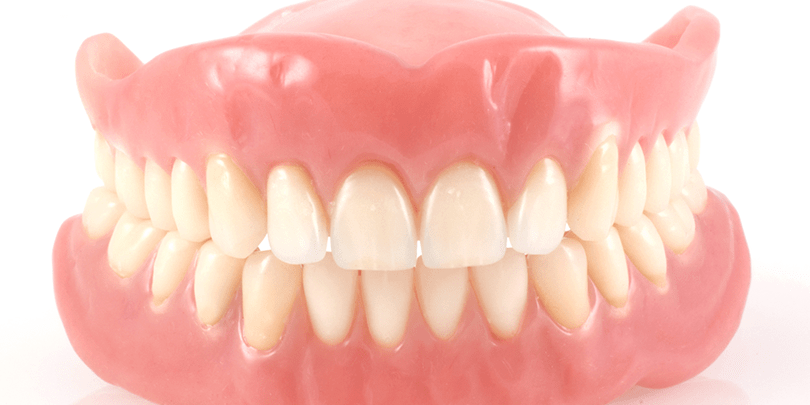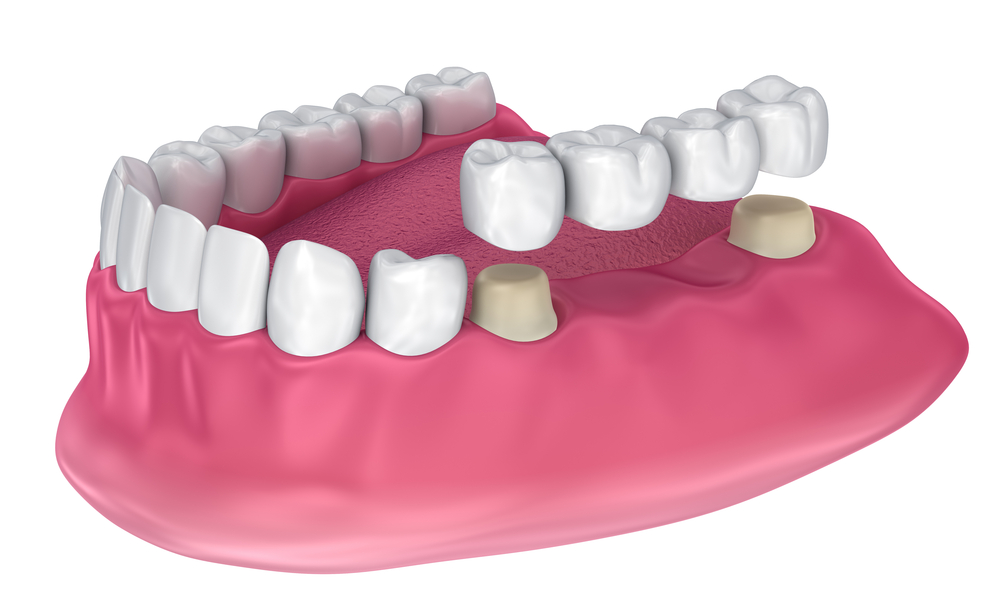Quality Restorative Dentistry in Milton-Freewater, OR

Restorative dentistry serves to restore teeth that may have been damaged through common oral health problems or more serious dental issues. Tooth decay, wear, and damage are a natural result from the intense workout and bacterial influx our mouths get every day. Our team can restore your damaged teeth with natural-looking materials, like composite resin fillings and porcelain crowns, inlays, and onlays. This means that you can retain an all-white smile. The benefit of restorative dentistry is that many of the procedures overlap with cosmetic dentistry procedures allowing for modern restorations that are designed to improve the look and feel of your smile and enhance your overall appearance. Often time’s restorative dental procedures are a result of a patient who either has overlooked the necessity of routine dental care or has a dental problem that was not visible by the naked eye. This is why we recommend visiting our dental office every six months to check for signs of tooth decay, gum disease or other dental health issues that may be prevented before they become costly or more serious. Below is a list of the common restorative dentistry procedures that we provide to help you with issues that may affect your teeth, gums or smile.


